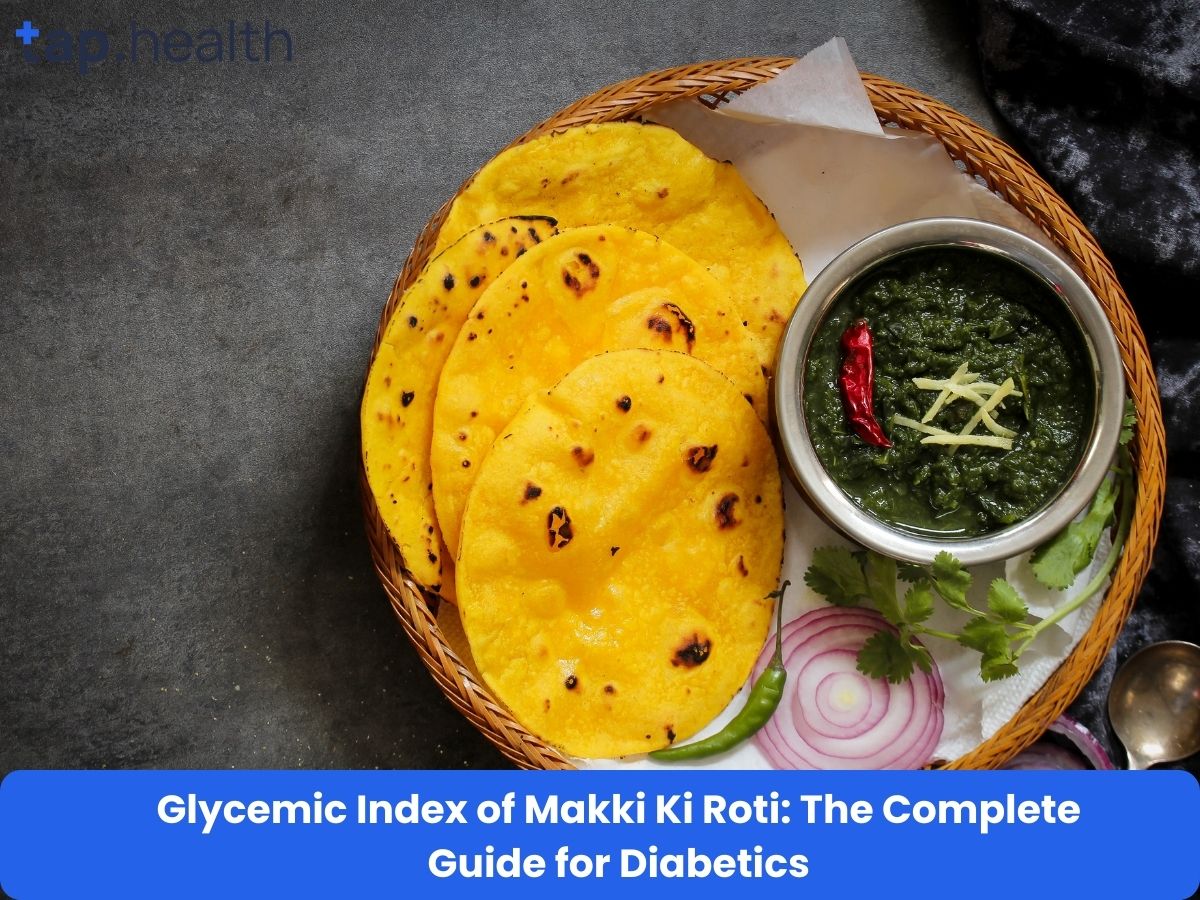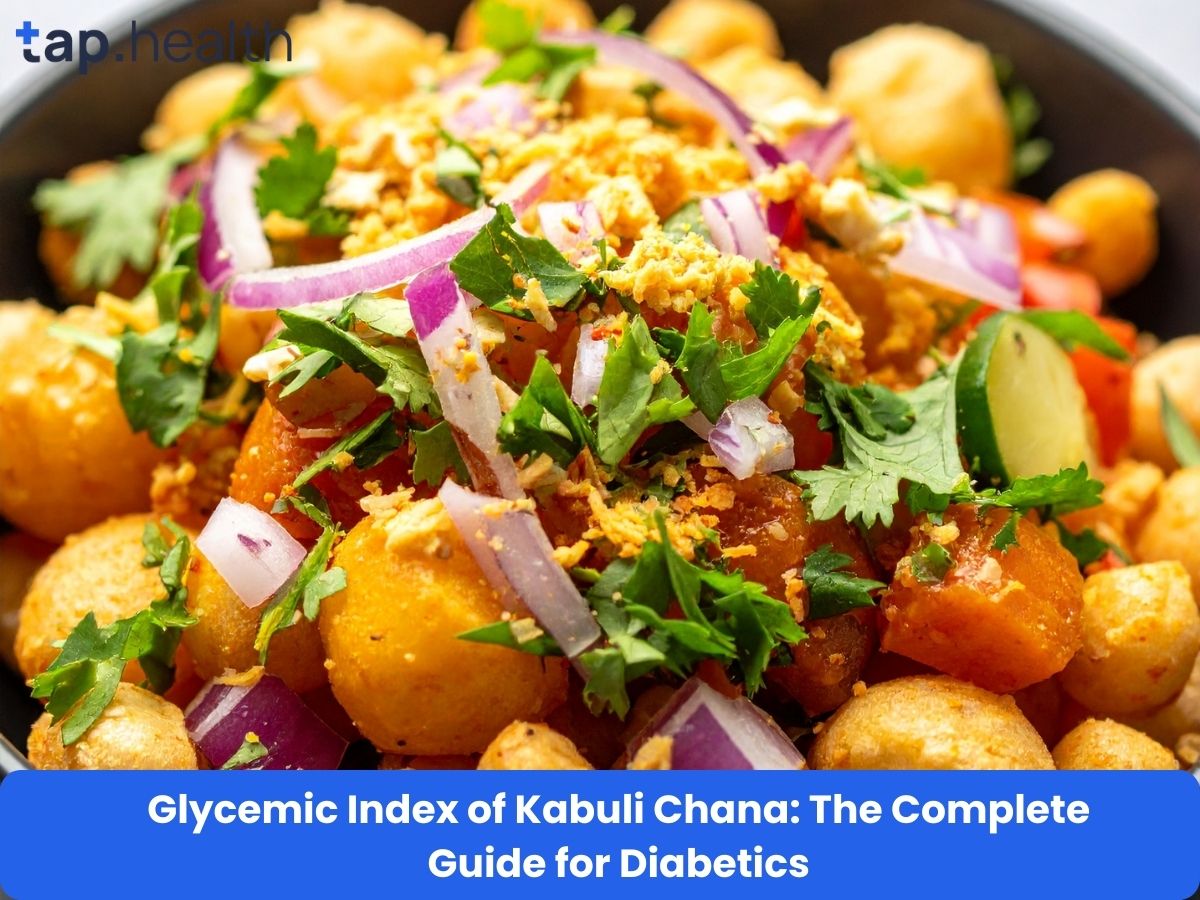Table of Contents
- Boosting HDL Cholesterol with Diabetes: A Practical Guide
- Improve HDL Cholesterol Levels Naturally: Diabetes Management Tips
- What Foods Raise HDL Cholesterol for Diabetics?
- Exercise and Diet: Best Ways to Increase HDL for Diabetics
- Understanding HDL Cholesterol and Diabetes: A Complete Guide
- Frequently Asked Questions
- References
Living with diabetes often means navigating a complex landscape of health management, and maintaining healthy cholesterol levels is a crucial part of that journey. One often-overlooked aspect is boosting HDL cholesterol, often referred to as “good” cholesterol. This is especially important for people with diabetes, as low HDL levels increase the risk of heart disease. In this guide, Boosting HDL Cholesterol: A Guide for People with Diabetes, we’ll explore practical strategies and lifestyle changes you can implement to naturally raise your HDL and improve your overall cardiovascular health. Let’s delve into how you can take control of your cholesterol and improve your well-being.
Boosting HDL Cholesterol with Diabetes: A Practical Guide
High blood sugar, a hallmark of diabetes, often impacts HDL cholesterol levels, sometimes referred to as “good” cholesterol. The situation is particularly concerning in India and other tropical countries, where diabetes prevalence is high. Over 30% of diabetes patients report HbA1c levels above 9%, indicating poor blood sugar control and a potentially increased risk of cardiovascular complications linked to low HDL. Maintaining healthy HDL levels is crucial for preventing these complications.
Lifestyle Changes for Better HDL
Fortunately, there are several lifestyle modifications that can significantly boost HDL cholesterol, even with diabetes. Regular physical activity, even moderate exercise like brisk walking for 30 minutes most days of the week, is vital. Incorporating traditional Indian exercises like yoga and pranayama can also be beneficial. Dietary changes are equally important. Focus on a diet rich in fruits, vegetables, and healthy fats like those found in nuts, seeds, and olive oil. Limit saturated and trans fats often found in processed foods and fried snacks common in many Indian and tropical cuisines. Prioritizing whole grains over refined carbohydrates is also key to improving blood sugar control and positively influencing HDL levels. For more comprehensive strategies on managing cholesterol, you might find our article on How to Manage Cholesterol Levels with Diabetes? helpful.
Medical Management and Consultation
Regular monitoring of blood sugar and cholesterol levels is essential. Consult your doctor or a qualified diabetologist for personalized advice and to discuss medication options if lifestyle changes alone aren’t enough to raise your HDL. They can help you create a tailored plan to manage your diabetes and improve your lipid profile. Remember, consistency is key. Small, sustainable changes are more effective than drastic ones. Implementing the 10 Proven Tips for Effective Diabetes Management can also significantly contribute to overall health improvement.
Taking Charge of Your Health
Taking proactive steps to improve your HDL cholesterol is a crucial aspect of managing diabetes, particularly in high-risk populations in India and other tropical regions. Schedule a check-up with your doctor today to discuss your HDL levels and explore strategies to improve your cardiovascular health. Don’t delay – your heart health depends on it.
Improve HDL Cholesterol Levels Naturally: Diabetes Management Tips
High HDL cholesterol, often called “good” cholesterol, is crucial for heart health, especially for individuals with diabetes. In India, and across many tropical countries, a significant portion of the diabetic population also suffers from hypertension, a dangerous combination. Over 60% of people with diabetes in India also have hypertension, according to the International Diabetes Federation (IDF). This underscores the critical need for proactive HDL cholesterol management.
Lifestyle Changes for Better HDL
Fortunately, boosting your HDL levels naturally is achievable through lifestyle modifications. Regular physical activity, even moderate exercise like brisk walking for 30 minutes most days, is vital. Prioritizing a balanced diet rich in fruits, vegetables, and whole grains is equally important. Reduce saturated and trans fats found in processed foods, fried items, and many packaged snacks common in Indian and tropical diets. Include foods rich in omega-3 fatty acids like fish, flaxseeds, and walnuts.
Managing Diabetes for Better Cholesterol
Effective diabetes management is key to improving HDL cholesterol. Maintaining healthy blood sugar levels through medication (if prescribed) and dietary control directly impacts your lipid profile. Regular monitoring of blood glucose and blood pressure is also essential. Consulting a doctor or a registered dietitian for personalized advice tailored to your specific needs and dietary preferences is crucial, especially given the high prevalence of hypertension among diabetics in India and similar regions. For more tips on effective diabetes management, check out our guide: 10 Proven Tips to Effectively Manage Diabetes | Simple Guide. Managing stress can also significantly impact your blood sugar levels; learn more about Effective Stress Management Tips for Better Diabetes Control.
Practical Steps for Success
Start small, focusing on one or two changes at a time. Gradually incorporate more healthy habits into your daily routine. Remember, even small improvements in your lifestyle can significantly impact your HDL levels and overall health. Prioritizing your heart health through these simple, yet effective strategies can make a profound difference in your quality of life.
What Foods Raise HDL Cholesterol for Diabetics?
Maintaining healthy cholesterol levels is crucial for people with diabetes, and boosting your HDL (“good”) cholesterol is a key part of that. While managing carbohydrate intake is essential—generally aiming for 45–60 grams per meal, depending on individual needs—you can also strategically incorporate foods that naturally support higher HDL levels. This is especially important in Indian and tropical climates where dietary habits often influence cholesterol levels.
Healthy Fats for HDL Boost
Unsaturated fats are your best friends. Think avocados, nuts (almonds, walnuts, cashews are readily available across India and tropical regions), and seeds (sunflower, flax, chia). These are rich in monounsaturated and polyunsaturated fats which help raise HDL. Remember to consume them in moderation as part of a balanced diabetic diet. Include them as part of your meals, such as adding nuts to your morning idli or dosa, or incorporating avocado into a salad.
Fiber-Rich Powerhouses
Foods high in soluble fiber, like oats (easily sourced in most Indian markets), barley, and certain fruits (like apples and pears, readily accessible in many tropical countries), can also contribute to improved HDL levels. These fibers bind to cholesterol in the digestive tract, helping to eliminate it from the body. Incorporating these into your daily meals is a simple yet effective strategy. For more ideas on foods beneficial for diabetes management, check out 20 Best Foods for People with Diabetes – Tap Health.
Spice Up Your HDL
Don’t underestimate the power of spices! Many commonly used spices in Indian and tropical cuisines, like turmeric and ginger, have anti-inflammatory properties that may indirectly support heart health and cholesterol management. Incorporate them generously into your meals. Consider adding them to your curries, lentils, or even your morning tea.
Remember to consult your doctor or a registered dietitian to create a personalized plan that suits your specific diabetic needs and preferences. They can help you determine the optimal carbohydrate intake and suggest the best foods to incorporate into your diet for optimal HDL management. It’s also important to be mindful of what you avoid; for example, you might want to learn more about What Seafood is Bad for Diabetics.
Exercise and Diet: Best Ways to Increase HDL for Diabetics
The Importance of HDL Cholesterol for Diabetics
Managing diabetes effectively involves controlling various health factors, and HDL cholesterol, often called “good” cholesterol, plays a crucial role. Low HDL levels significantly increase the risk of heart disease, a major complication for individuals with diabetes. This is especially pertinent in tropical and Indian regions where dietary habits can sometimes contribute to elevated risks. Daily consumption of sugary beverages raises diabetes risk by 26%, highlighting the need for proactive health management. Therefore, boosting HDL through lifestyle changes is paramount.
Boosting HDL Through Diet
Dietary modifications are key to improving HDL levels. Focus on incorporating foods rich in monounsaturated and polyunsaturated fats, such as avocados, nuts (almonds, walnuts), olive oil, and fatty fish like salmon and mackerel. These are readily available in many Indian and tropical markets. Minimize saturated and trans fats found in processed foods, fried snacks, and many commercially available sweets, which are particularly prevalent in some regions. Prioritize whole grains, fruits, and vegetables for a balanced diet that supports overall health and improves HDL cholesterol. Remember to limit your intake of sugary beverages, as they are a significant risk factor for diabetes. For more information on dietary approaches, you might find Low-Carb vs. Moderate-Carb Diets for Diabetes: What Works Best? helpful.
The Role of Exercise in Raising HDL
Regular physical activity is another essential strategy. Aim for at least 150 minutes of moderate-intensity aerobic exercise per week, such as brisk walking, cycling, or swimming. These activities are easily incorporated into daily routines in many Indian and tropical climates. Even short bursts of activity throughout the day can contribute to better HDL levels. Consult your doctor before starting any new exercise program, especially if you have existing health conditions. To understand the importance of exercise in diabetes management, read more in our article: Why Regular Exercise is Essential for Diabetes Management.
Taking Action
Improving your HDL cholesterol requires a dedicated approach involving both dietary changes and regular exercise. By making these lifestyle adjustments, you can significantly reduce your risk of heart disease and improve your overall well-being. Talk to your doctor or a registered dietitian to create a personalized plan tailored to your specific needs and preferences, considering the unique dietary context of your region.
Understanding HDL Cholesterol and Diabetes: A Complete Guide
Maintaining healthy HDL cholesterol levels is vital, especially for people living with diabetes in India and other tropical countries. HDL, often called the “good” cholesterol, helps remove excess cholesterol from your arteries, lowering the risk of heart disease. This is especially important for individuals with diabetes, who are already at a higher risk of cardiovascular problems.
👉 Important Note: HDL cholesterol is measured in mg/dL (milligrams per deciliter), not percentages. In contrast, HbA1c (a test for long-term blood sugar levels) is measured in percentages. For clarity:
-
Normal HbA1c: below 5.7%
-
Prediabetes: 5.7% – 6.4%
-
Diabetes: 6.5% or higher
So, while HbA1c tells you about blood sugar control, HDL levels specifically reflect cholesterol balance and heart health.
Lifestyle Modifications for Better HDL
Improving HDL cholesterol often comes down to lifestyle changes. In warm and humid regions like India, where daily routines and diets vary, these strategies can make a big difference:
-
Eat a Balanced Diet: Include plenty of fruits, vegetables, whole grains, nuts, and seeds. Healthy fats from foods like olive oil, avocados, and fatty fish also support HDL.
-
Increase Protein Sources: Opt for pulses, beans, lentils, and lean meats, which support overall health without raising “bad” cholesterol.
-
Stay Active: Even 30 minutes of brisk walking most days of the week can boost HDL levels and improve insulin sensitivity.
-
Hydration Matters: Tropical climates increase dehydration risk—drink enough water and avoid sugary drinks.
-
Sleep & Stress: Poor sleep and unmanaged stress can lower HDL and worsen diabetes control. Try mindfulness, yoga, or breathing exercises.
-
Spices for Health: Add traditional Indian spices like turmeric, which has anti-inflammatory benefits and may support heart health.
Seeking Expert Advice
Routine medical check-ups are essential. Your doctor can:
-
Track both HbA1c and cholesterol levels
-
Suggest safe medications if lifestyle changes aren’t enough
-
Provide guidance tailored to your personal and cultural food habits
Working with a registered dietitian familiar with regional diets can help you create a plan that’s realistic and sustainable.
Frequently Asked Questions on Boost HDL Cholesterol with Diabetes
Q1. What is HDL cholesterol and why is it important for people with diabetes?
HDL cholesterol, or ‘good’ cholesterol, helps remove cholesterol from your arteries, reducing the risk of heart disease. Maintaining healthy HDL levels is especially crucial for people with diabetes, as they are at a higher risk of cardiovascular complications.
Q2. How can I improve my HDL cholesterol levels through lifestyle changes?
Improving your HDL involves a holistic approach. Regular moderate exercise (like brisk walking or yoga), a diet rich in fruits, vegetables, whole grains, and healthy fats (nuts, seeds, olive oil), and limiting saturated and trans fats are key. Small, consistent changes are more effective than drastic ones.
Q3. What role does diabetes management play in boosting HDL?
Effectively managing your diabetes through medication (if prescribed) and careful dietary control significantly impacts your HDL levels. This is because high blood sugar can negatively affect HDL.
Q4. How often should I monitor my blood sugar and cholesterol?
Regular monitoring of both your blood sugar and cholesterol levels is essential. Your doctor or diabetologist can advise on the appropriate frequency based on your individual needs and risk factors.
Q5. When should I consult a doctor about my HDL cholesterol?
If you have diabetes, it’s crucial to discuss your HDL levels with your doctor or a diabetologist. They can provide personalized advice, recommend necessary lifestyle changes, and prescribe medication if needed, especially if lifestyle changes alone are insufficient.
References
- A Practical Guide to Integrated Type 2 Diabetes Care: https://www.hse.ie/eng/services/list/2/primarycare/east-coast-diabetes-service/management-of-type-2-diabetes/diabetes-and-pregnancy/icgp-guide-to-integrated-type-2.pdf
- Children with Diabetes : A resourse guide for families and school. : https://www.health.ny.gov/publications/0944.pdf



